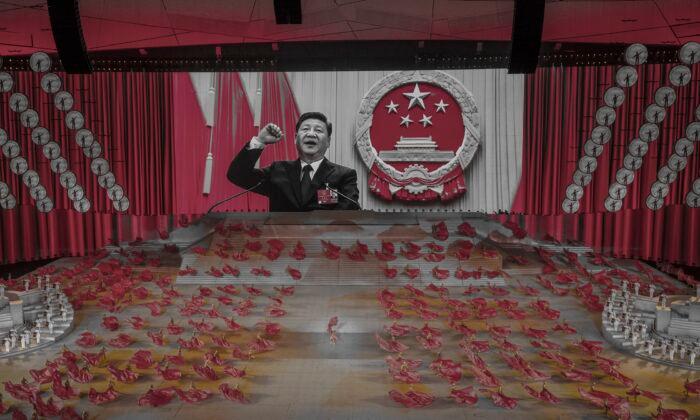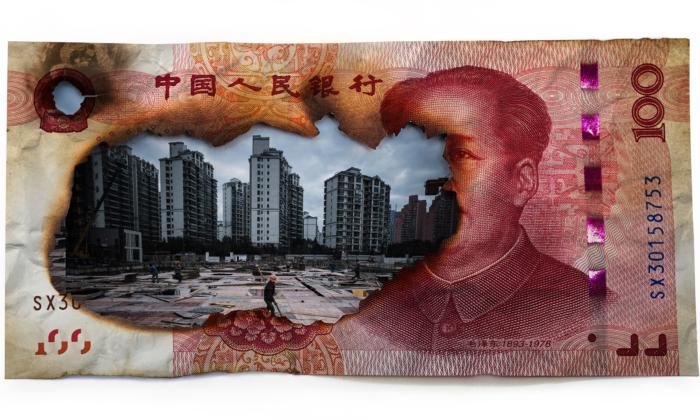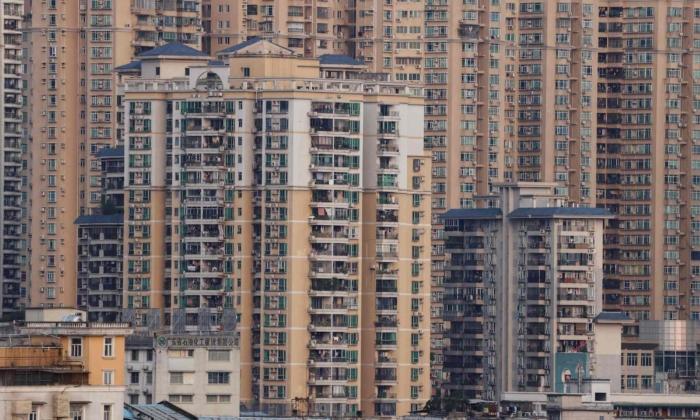And ultimately, to stay in power.
A large part of this effort is to improve workers’ wages, benefits, and working conditions.
On Sept. 2 regulators including the Ministry of Transport summoned 11 ride-hailing and delivery companies to discuss a range of topics as well as requesting that they rectify certain practices the CCP deemed to be inappropriate.
The companies interviewed included Didi, Meituan, and an Alibaba ride-sharing subsidiary.
Regulators pushed the companies to comply with a range of demands, including rectifying unfair competitive measures such as hiring unqualified or unlicensed drivers, excessive and false marketing, and protecting the rights and interests of passengers and drivers.
In addition, Bloomberg reported that Didi created a union for its workers in late August. Details are scant at the moment, but the establishment of a union for its mostly part-time and gig-economy workers could pave the way for similar announcements at other Chinese companies.
The state-owned Workers’ Daily reported that online retail giant JD.com also recently established a workers’ union for its employees.
Alibaba, a JD.com rival, announced Sept. 2 that it would set aside $15 billion by 2025 to promote common prosperity in China. It remains to be seen how the budget will be used, but Alibaba indicated that rural development, assisting small businesses, and improving the benefits and welfare of its drivers and delivery workers are all in scope.
Separately, the CCP is quietly ramping up a tool to increase funding flows to smaller businesses.
The regime’s cabinet-like State Council on Sept. 1 instructed the People’s Bank of China to increase relending to banks by $46 billion this year. The central bank provides commercial banks with access to funds to further fund outstanding loans, and these loans generally need to be given to small companies to qualify. The central bank also encouraged banks to reduce lending rates for these smaller businesses.
On the surface, these measures align with recent calls by CCP regime boss Xi Jinping to promote common prosperity under “socialism with Chinese characteristics.”
Xi believes recent years’ policies of unfettered business growth, lax regulatory environment, and promotion of a few fabulous wealthy entrepreneurs—which state media claimed to be influenced by “Western or U.S. capitalism”—doesn’t work for China anymore.
And this goes beyond the business world. Recent crackdowns on China’s entertainment and education industries align with Xi’s new line of thinking: less individualism, more collectivism.
In other words, political populism through greater government control or “nanny state” (government policies interfere with individual choice).
China is facing several economic headwinds. Economic production is slowing. The composite purchasing managers’ index (PMI) showed a large drop from 52.4 in July to 48.9 in August, reflecting lower sentiment from manufacturers. Non-manufacturing PMI was also down dramatically, from 53.3 in July to 47.5 in August, suggesting that the services industry also contracted significantly.
The National Bureau of Statistics blamed the contraction on lockdowns due to the Delta variant and port closures, which makes some sense. But it is naive to believe that further lockdowns won’t occur or ongoing supply chain issues will quickly resolve themselves.
With new variants of the CCP virus emerging, existing issues such as material shortages, container shortages, port and harbor congestion, and factory shutdowns across South Asia will likely linger through early next year.
Those issues put pressure on China’s employment, wages, and consumer spending. Facing lingering economic and logistical challenges, China finds pushing for populist social changes as low-hanging fruits.
After all, China’s large swath of lower-to-middle class citizens—not its elites—will make or break the Party.






Friends Read Free